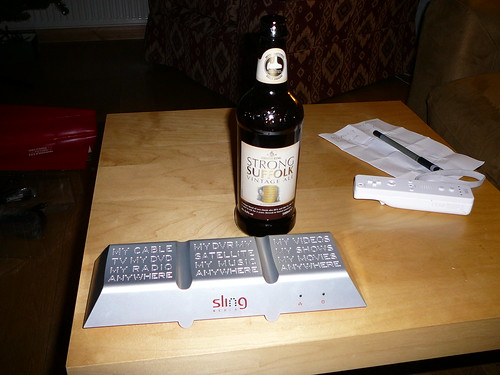Today sees the general retail launch of Microsoft Windows Vista. This isn't a cheap thing to buy in the UK, being about twice as much as it is in the US, but let's leave that aside for the minute. For now I feel I have to draw attention to the ridiculous things that Bill Gates is claiming, specifically that Vista is "dramatically more secure than any other operating system released". Let's just think about that statement for a minute as it's a ridiculous claim on a couple of levels.
Firstly, you never claim that sort of thing on the day of release. Let's just imagine that someone releases a worm that breaks Vista in the next few months. It's almost certain to happen. It's going to make Bill (and Microsoft, by extension) look silly, and a bit cocky, while just saying "it's better than XP" wouldn't. Second, it's simply not true. I'm willing to accept that it's the most secure version of Windows ever, but any IT professional knows that Windows is a bit of a joke when it comes to security compared with any UNIX-based OS. There's a good reason why you just don't get viruses on Sun boxes and Macs - they're inherently more secure from the bottom-up than Windows is. UNIX has been around in one form or another since the 70's, and with software the older something is, the more time people have had to find bugs in it. Developing a modern OS from scratch is always going to result in more bugs than anything UNIX based. Developing something from current Windows code is going to be even worse.
Let's hope that people don't fall for Bill's PR line. Where is the innovation? Were is WinFS? Where is, oh, anything that's not pretty-much ripped off OSX? Buy Vista if you have to use Windows, but don't claim it's more secure than anything else. I'm not knocking it - I'll install it where I would have had XP before, but it's not Gods gift to computing and I'd bet Windows users will still have to suffer virus checkers, spyware detectors, and all of the other stuff you have to currently run if you want to use Windows on the Internet.




